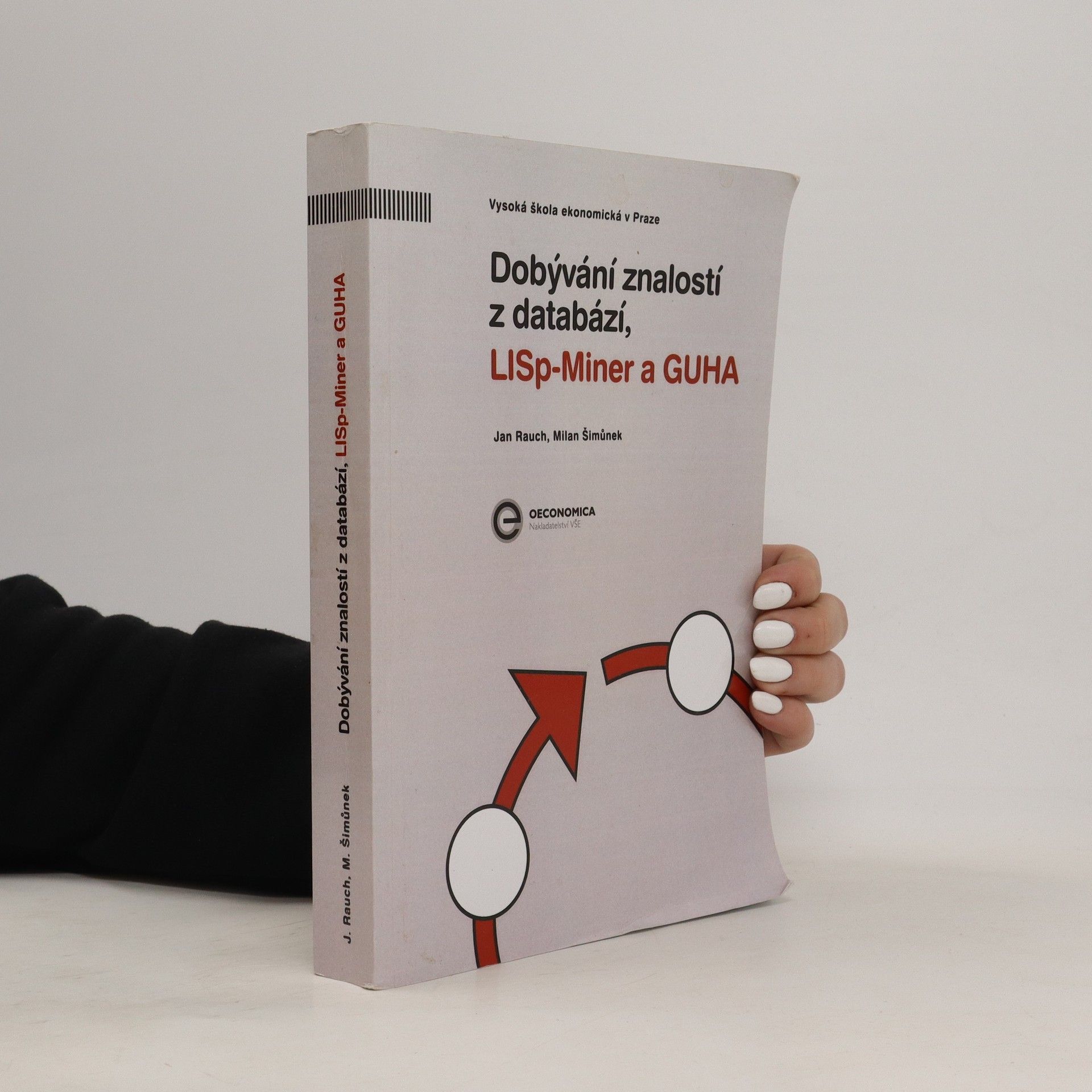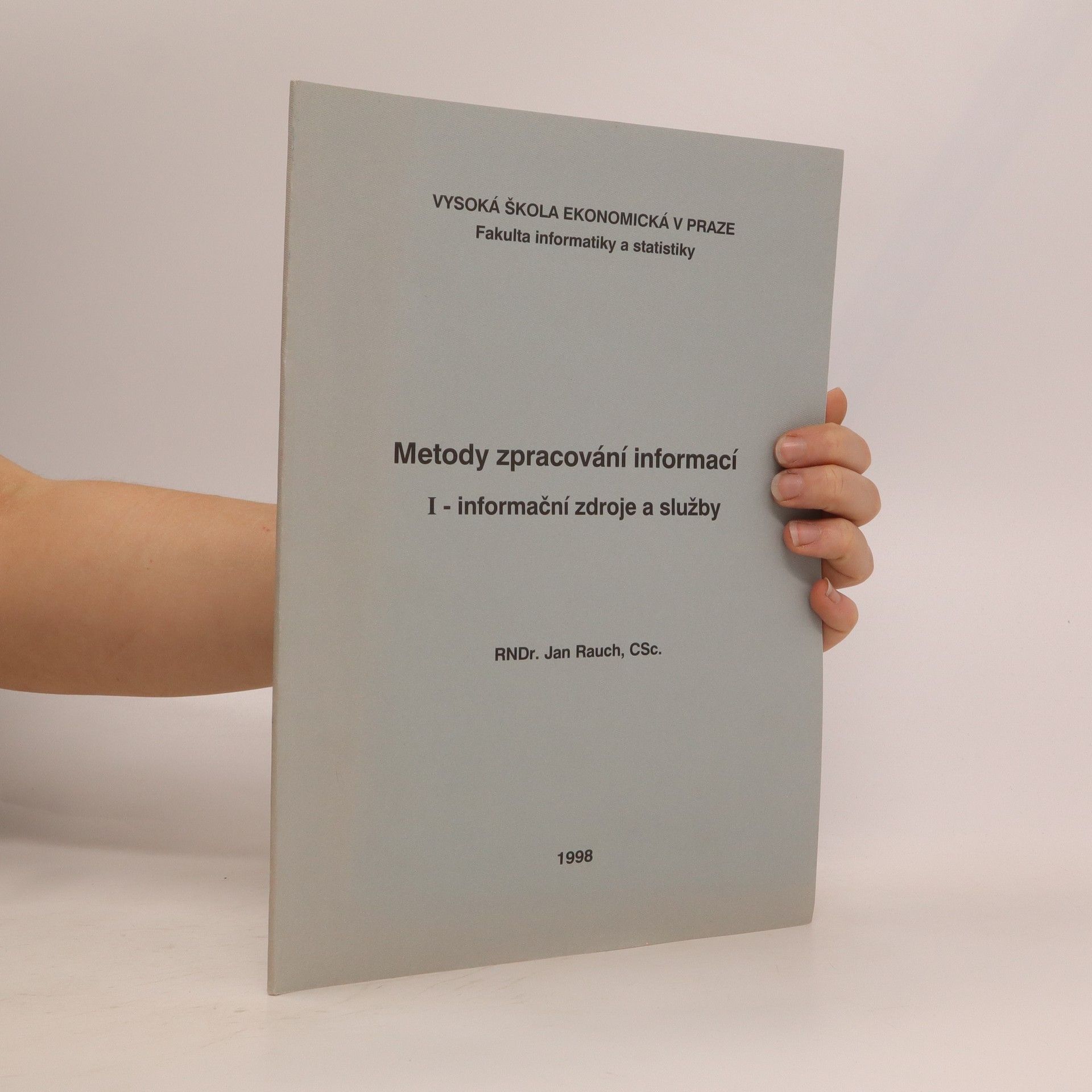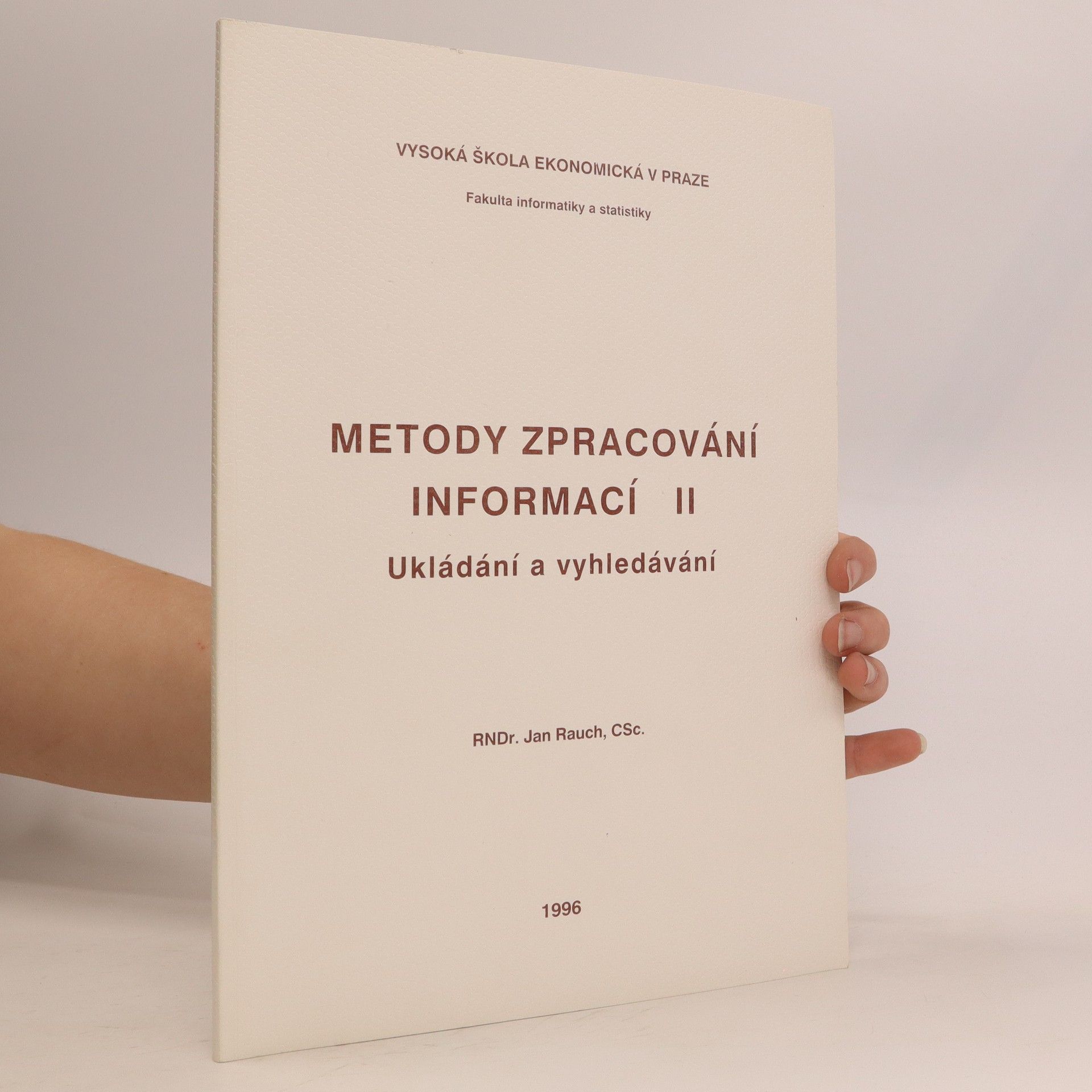Jan Rauch Livres



Dobývání znalostí z databází, LISp-Miner a GUHA
- 462pages
- 17 heures de lecture
Kniha shrnuje dvacet let práce obou autorů ve výzkumu a vývoji v oblasti dobývání znalostí z databází (DZD). Teoretické základy vycházejí z původní české metody explorační analýzy dat GUHA s počátky v 60. letech dvacátého století. Metoda je i nadále rozvíjena a dosažené výsledky jsou jak v nově navržených analytických procedurách, tak i v rozšíření observačních kalkulů s ohledem na současné směry výzkumu v DZD. Praktickým výsledkem je pak systém LISp-Miner - akademický systém pro DZD zaměřený jak na podporu výuky a výzkumu, tak i na řešení reálných úloh z praxe. Jeho aktuální podoba je popsaná v publikaci, včetně detailů implementace a skriptovacího jazyka LMCL sloužícího jako základ pro automatizaci DZD. Knihu uzavírá kapitola s aktuálními směry výzkumu. V přílohách je popis dat používaných při výkladu (včetně odkazu pro jejich stažení), seznam použité literatury a věcný rejstřík.